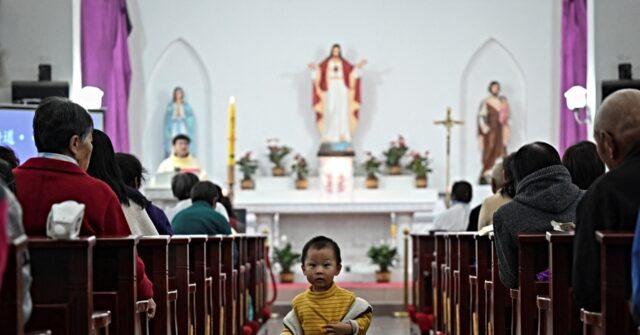Paul's Imprisonment and the Advance of the Gospel
Paul's imprisonment is a significant event in the New Testament, illustrating how the early Christian message spread despite opposition and adversity. The Apostle Paul, a pivotal figure in the early Church, faced multiple imprisonments, which are documented in the Acts of the Apostles and his epistles. These imprisonments, rather than hindering the spread of the Gospel, served to further its reach and impact.
Paul's missionary journeys, as recorded in the Book of Acts, were marked by both success and opposition. His bold proclamation of the Gospel often led to conflict with Jewish leaders and Roman authorities. Paul's first major imprisonment occurred in Jerusalem, where he was accused by Jewish leaders of defiling the temple (Acts 21:27-36). This led to his arrest and subsequent transfer to Caesarea, where he was held for two years (Acts 24:27).
Imprisonment in Rome
Paul's appeal to Caesar, as a Roman citizen, resulted in his transfer to Rome (
Acts 25:11-12). The journey to Rome was fraught with peril, including a shipwreck on the island of Malta (
Acts 27:39-44). Upon arrival in Rome, Paul was placed under house arrest, where he lived in his own rented house for two years, welcoming all who came to see him (
Acts 28:30).
During this time, Paul continued to preach "the kingdom of God and teaching about the Lord Jesus Christ with all boldness and without hindrance" (Acts 28:31). His imprisonment did not stifle his ministry; rather, it provided new opportunities to spread the Gospel. Paul wrote several epistles during this period, known as the Prison Epistles, including Ephesians, Philippians, Colossians, and Philemon.
Paul's imprisonment is a testament to the power of the Gospel to transcend physical and social barriers. In his letter to the Philippians, Paul reflects on his circumstances, stating, "Now I want you to know, brothers, that my circumstances have actually served to advance the gospel" (Philippians 1:12). He explains that his chains have become known throughout the whole palace guard and to everyone else, and that most of the brothers, having become confident in the Lord by his imprisonment, are much more bold to speak the word without fear (Philippians 1:13-14).
Impact on the Early Church
Paul's imprisonment had a profound impact on the early Christian community. It demonstrated the resilience of the Gospel message and inspired believers to persevere in the face of persecution. The letters he wrote during this time provided theological insights and practical guidance that continue to influence Christian thought and practice.
Moreover, Paul's interactions with Roman officials and guards during his imprisonment contributed to the spread of Christianity within the Roman Empire. His ability to articulate the faith and defend it before authorities showcased the intellectual and spiritual depth of the Christian message.
Paul's imprisonment and the subsequent advance of the Gospel highlight the paradox of Christian ministry: that in weakness, God's strength is made perfect (2 Corinthians 12:9). His life and writings continue to encourage believers to trust in God's sovereignty and to proclaim the Gospel boldly, regardless of circumstances.

 www.breitbart.com
www.breitbart.com




